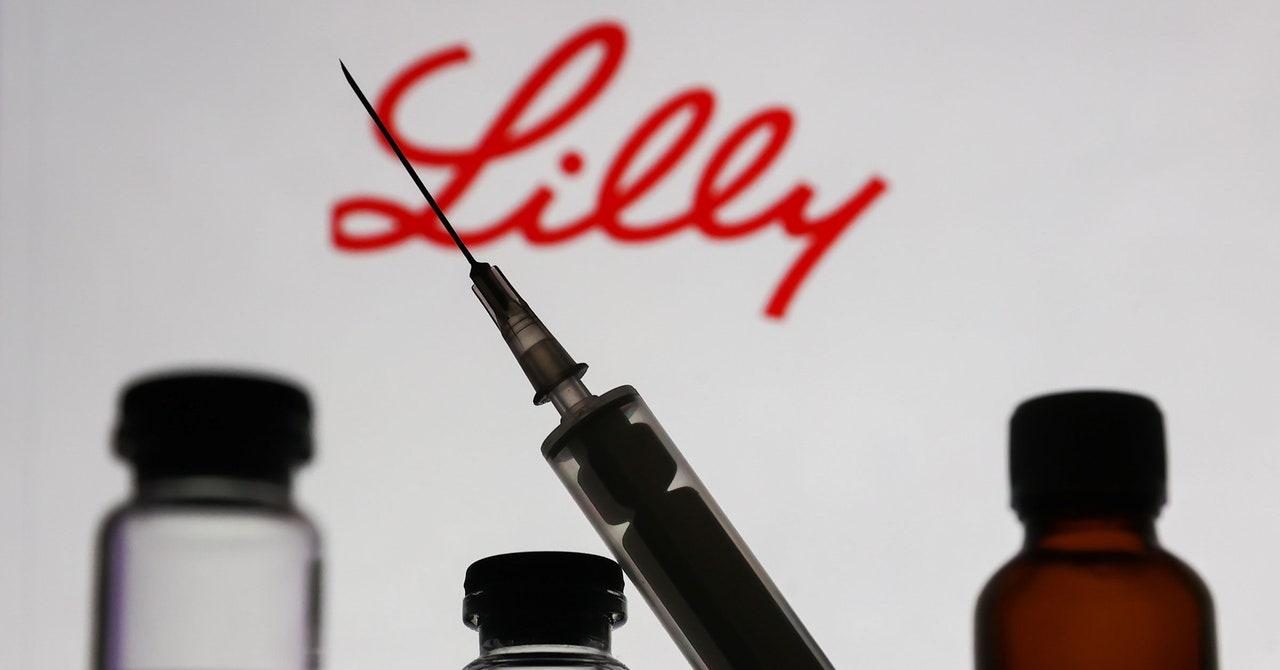Eli Lilly has sent cease-and-desist letters to hundreds of compounding pharmacies, telehealth companies, and medical spas making and selling “compounded” versions of tirzepatide. This hawkish legal strategy indicates that a new phase of the GLP-1 gold rush has begun—a crackdown against any entity selling non-name-brand medications.
Tirzepatide, the active ingredient in Eli Lilly’s diabetes drug Mounjaro and weight-loss medication Zepbound, was on the US Food and Drug Administration’s shortage list from December 2022 until October 2, 2024. When drugs in the US go into shortage, pharmacists, doctors, and licensed outsourcing facilities are permitted to “compound” copies to make sure patients have access to medicine they need. With so many potential patients eager to get on GLP-1 medications, the shortage of both tirzepatide and semaglutide (the active ingredient in Ozempic and Wegovy) left a huge opening in the market. Usually, pharmaceutical companies producing blockbuster drugs don’t have to worry about competition until their patents expire. But the shortages meant that it was legal for compounders to produce their own GLP-1 dupes—which they did, at an unprecedented volume. Major telehealth clinics jumped in to sell these products online at a fraction of the price of their name-brand counterparts. While there is no definitive accounting for how many patients are taking compounded GLP-1 meds, Alliance for Pharmacy Compounding CEO Scott Brunner tells WIRED that he estimates that the number is in the millions.
This isn’t the first legal action Eli Lilly has taken regarding compounded tirzepatide. The pharmaceutical behemoth has filed a number of lawsuits alleging deceptive advertising from sellers promoting “generic tirzepatide” or “generic Mounjaro” and referring to their compounded products as “FDA-approved.” (Unlike standard name-brand and generic pharmaceutical drugs, compounded drugs are not subject to the FDA’s approval processes before hitting the market.) But this represents a major escalation of Lilly’s fight against what it views as knockoffs.
At least one of the cease-and-desist letters is to a virtual telehealth clinic selling an oral version of tirzepatide, sold in pill form rather than as an injectable medication. Eli Lilly specifically accused this oral tirzepatide seller of “experimenting” on its customers, noting that the US Food and Drug Administration has not approved any oral tirzepatide medications.
Eli Lilly also targeted at least one weight-loss clinic promoting its tirzepatide products on Reddit, which has several active communities devoted to compounded GLP-1 medications.
In the wake of the shortage ending, some telehealth companies offering the medication encouraged patients to order expanded supplies of the drugs, meant to tide them over for multiple months. In at least one of the cease-and-desist letters, Eli Lilly noted that a clinic had started offering “extended prescriptions,” a practice Lilly alleges is an “unlawful attempt to circumvent the shortage.”
The end of the tirzepatide shortage has created a fraught moment for many patients taking the compounded version of the drug. As WIRED recently reported, many of these patients are concerned that they will not be able to afford or access the name-brand versions of their medication. While Eli Lilly recently introduced a new, cheaper version of Mounjaro and Zepbound (which comes in a vial instead of an injector pen), the price per month, which ranges from $400 to $550 depending on dosage, is still significantly higher than many of the compounded vials on offer.

